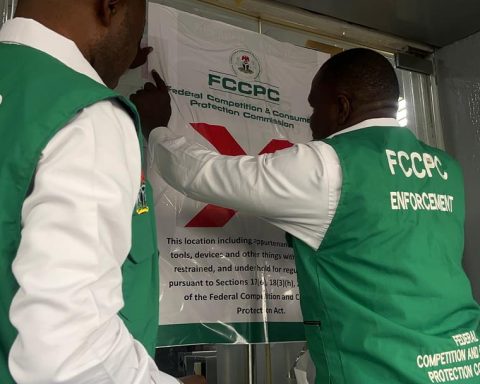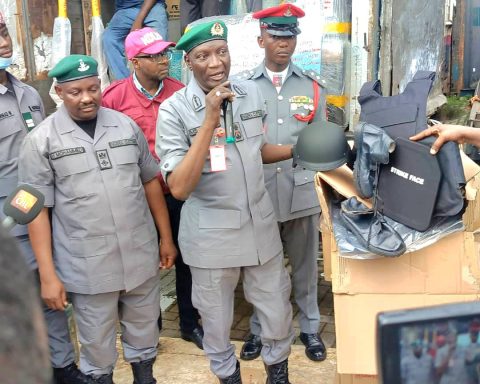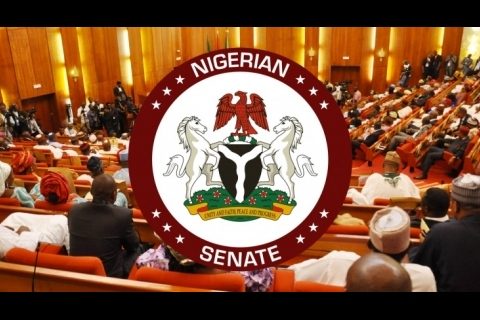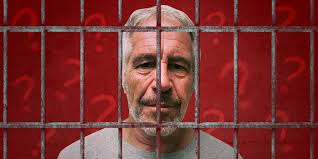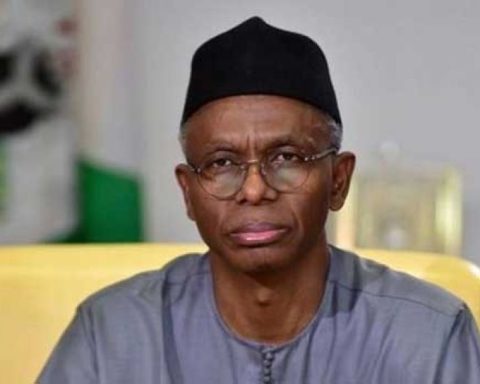As controversy trails moves to take over ownership of Ikeja Electric, Egbin Power (KEPCO Energy Resources), and Independent Power Limited (FIPL) by Nigerian banks and other parties over debt, the Centre for the Promotion of Private Enterprise (CPPE) has called on the Federal Government to take urgent steps to stabilise the power sector.
There is confusion over whether Ikeja DisCo, Egbin Power Plc, and FIPL have been placed under receivership due to debt disputes.
Join our WhatsApp ChannelWhile a Lagos High Court ruling on Tuesday, 5 August 2025, reportedly appointed Kunle Ogunba (SAN) as Receiver/Manager over these companies, Ikeja Electric’s management denied this, stating that the court instead restrained lenders from taking adverse actions.
In a statement, Ikeja DisCo’s chief legal and regulatory officer, Babatunde Osadare, said the claim is “a gross misrepresentation of facts and a malicious attempt at self-help designed to subvert the course of justice.”
“We state unequivocally and for the record that Egbin Power Plc, First Independent Power Limited, and Ikeja Electric Plc are absolutely not in Receivership, and their assets, businesses, or undertakings are not under the management of any external Receiver/Manager whatsoever,” Osadare said on behalf of the power companies’ Management.
Meanwhile, the Bureau of Public Enterprises (BPE) also clarified that the federal government’s 40 per cent stake in Ikeja DisCo remains unaffected.
While reacting to the development, CEO of CPPE, Dr Muda Yusuf, expressed concerns that Ikeja Electric, despite being Nigeria’s “best-performing DisCo,” has come under receivership. This, according to him, highlights the persisting challenges in the country’s power sector.
He said the development signals a broader sector collapse, with five other DisCos (Abuja, Benin, Kaduna, Kano, Ibadan) already under receivership.
He said the current liquidity challenges “stem from flawed privatisation processes, ageing equipment, limited technical and financial capacity of the power distribution firms, problematic pricing and tariff structures, coupled with affordability concerns among the citizenry and an unsustainable subsidy regime.”
“The result has been an acute liquidity crisis in the sector,” Yusuf added.
The CPPE CEO further stated that the challenges faced by the DisCo is also partly due to the impact of high interest rate in the economy. “It is very difficult for any long-term project to survive the current excruciating lending rate in the economy.”
He called for immediate government intervention to stabilise the sector and prevent asset liquidation by banks focused solely on debt recovery.
“While a sustainable framework for power sector liquidity and subsidies is being developed, the government must take immediate steps to stabilise the sector.”
He expressed concern that the banks’ quest for debt recovery could lead to asset liquidation and ultimate victims of a power collapse would be the citizens, industries, and investors, underscoring electricity’s role in economic security.
The economic think tank urged a balance between commercial viability and public affordability.


